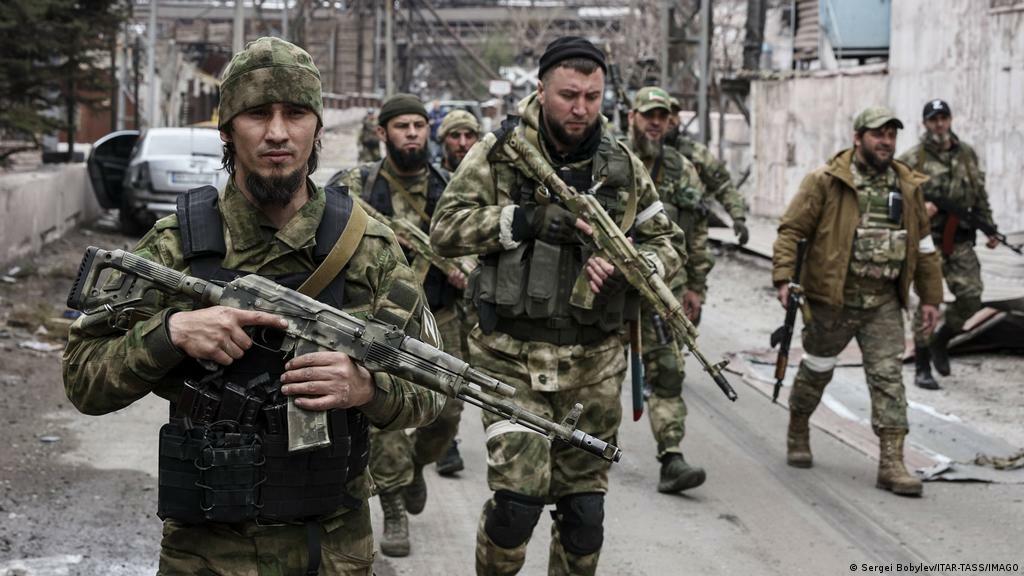Many people are celebrating Ukraine's unexpected battlefield successes against Russia. In reality, the West's unprecedented military assistance to Ukraine is pushing us all closer to nuclear war. There's a clear path from where we are today to the first combat use of nukes since WW2.
Thursday, June 30, 2022
Wednesday, June 29, 2022
Russia/Ukraine War Update - June 30th, 2022
*** MILITARY SITUATION ***
Mid-June has seen the Russian Armed Forces maintain their operational momentum and make important gains in the Donbas while the Ukrainian Armed Forces continue to press their counteroffensive in the Kherson Oblast.
Kharkiv OD.
The situation here remains tenuous for both sides as heavy losses, coupled with priority of effort to the Izium-Lysychansk area have reduced the combat capacity & capability of units operating in Kharkiv. The RAF will continue attempts to advance closer to Kharkiv.
Ternova-Rubizhne AO.
This area is the most critical portion of the Kharkiv OD for Russian & Ukrainian forces. Opposing force ratios will likely remain at 1:1 for quite some time. The RAF will likely continue their effort to regain control of Staryi Saltiv & the T2104 Hwy.
Severodonetsk-Donetsk OD.
The tactical situation in the Popasna Salient & south of Lysychansk has deteriorated for the UAF. Russian forces have managed to advance north toward Lysychansk along the Siverskyi Donets. These successes have forced the UAF to abandon Severodoentsk.
The UAF is in the process of consolidating and establishing new defensive positions in Lysychansk, but Russian forces are attempting to press their advantage along the T1303 Hwy and seize the heights in southern Lysychansk before the UAF fortify them. If the RAF can keep the UAF units in Lysychansk off balance and threaten their encirclement it is likely the Ukrainian General Staff will opt to withdraw from Luhansk to establish a new defensive line on the heights running along the west side of the T0513 Hwy. NW of Slovyansk Russian forces have been making slow but steady advances on a broad front roughly from Sosnove to Kuruika. Although UAF defensive positions are holding against successive assaults, pressure from the east could weaken this line.
Zaporizhzhia OD.
Activity in the OD generally remains localized attacks to improve tactical positioning, however the UAF has conducted a sizeable counterattack south of Vuledar that has liberated several towns and shifted the line of contact at least 10km further south. / Partisan activity in this OD is steadily increasing with attacks common in Melitopol targeting Russian occupation administrators. Partisan activity is also targeting Russian supply convoys (rail & road) moving equipment through Melitopol to the Vasylivka & Polohy areas.
Odesa-Kherson OD.
The Ukrainian counteroffensive into northern Kherson has made gradual success over the last couple of weeks. Around Kherson City, the RAF has been pushed back from its first line of defenses, with the area between Blahodatne & Kyselivka heavily contested. The UAF retains a window of opportunity in Kherson to seize key points that will make the RAFs long term defense of Kherson problematic. These gains must be made before Russian EW, close air, & indirect fire support prevent a further penetration of secondary RAF defenses.
Black Sea OTMO.
The Russian blockade of Odesa continues but is coming under increased UAF air & UCAV pressure. Improved UAF strike capabilities threaten to degrade the Russian Black Seas Fleet ability to interdict shipping in and out of Odesa.








